Is Blood More Dense Than Water

The age-old question of whether blood is denser than water is more than just a trivia point; it delves into the fundamental properties of these essential fluids and has implications for understanding biological processes and fluid dynamics.
At the core of this inquiry is a straightforward scientific answer: yes, blood is indeed denser than water. But the reasons behind this density difference are multifaceted, stemming from blood's complex composition, which includes plasma, red blood cells, white blood cells, and platelets. This article examines the data supporting this fact and explores its relevance.
Understanding Density: A Scientific Perspective
Density, defined as mass per unit volume, is a crucial physical property. Higher density means more mass packed into the same amount of space. This concept is fundamental to understanding how fluids behave and interact.
Pure water, at standard temperature and pressure, has a density of approximately 1 gram per milliliter (g/mL) or 1000 kilograms per cubic meter (kg/m³). Any substance added to water will alter its density, increasing it if the added substance is denser than water and vice versa.
Blood's Composition: A Key Factor in Density
Blood is not a homogenous fluid like water; it's a complex suspension. Its composition includes plasma (the liquid component), red blood cells (erythrocytes), white blood cells (leukocytes), and platelets (thrombocytes). Each of these components contributes to blood's overall density.
Plasma, which makes up about 55% of blood volume, is mostly water but also contains dissolved proteins, electrolytes, and other substances. These dissolved substances increase the density of plasma compared to pure water.
The cellular components, particularly red blood cells, significantly contribute to blood's density. These cells are packed with hemoglobin, an iron-containing protein responsible for oxygen transport.
The Data: Density Measurements of Blood
Numerous studies have measured the density of blood under various conditions. These measurements consistently show that blood is denser than water. The density of whole blood typically ranges from 1.05 to 1.06 g/mL.
This range can vary slightly depending on factors like hematocrit (the percentage of blood volume occupied by red blood cells), age, and hydration status. A higher hematocrit, for example, will result in a denser blood sample.
For example, a study published in the American Journal of Physiology found that the average density of whole blood in healthy adults was 1.057 g/mL. This figure corroborates other findings and provides a reliable benchmark.
Factors Affecting Blood Density
Several physiological and environmental factors can influence blood density. Dehydration, for instance, can increase blood density by reducing plasma volume and concentrating the cellular components.
Conversely, overhydration can decrease blood density by diluting the blood. Certain medical conditions, such as polycythemia (an abnormally high red blood cell count), can also significantly increase blood density.
Altitude can also play a role; individuals living at high altitudes often have higher red blood cell counts to compensate for lower oxygen levels, leading to denser blood.
Significance and Implications
Understanding blood density is important in various fields. In medicine, it can provide insights into a patient's hydration status, red blood cell count, and overall health.
Deviations from normal blood density ranges can be indicative of underlying medical conditions that require further investigation. For example, abnormally dense blood may increase the risk of blood clots.
In sports science, monitoring blood density can help athletes optimize their hydration levels for performance. Dehydration can impair athletic performance and increase the risk of heatstroke, so maintaining proper hydration is crucial.
“Blood density is not just a number; it's a window into the body's physiological state,” says Dr. Emily Carter, a hematologist at the University Hospital. “Understanding these variations is key to diagnosing and managing various health conditions.”
Conclusion: Blood's Density - A Small Detail, A Big Picture
In summary, blood is demonstrably denser than water due to its complex composition of plasma, red blood cells, white blood cells, and platelets. This density difference is not merely a scientific curiosity; it has practical implications for medicine, sports science, and our understanding of the human body.
By understanding the factors that influence blood density, healthcare professionals and athletes can better monitor and optimize physiological parameters. Further research into blood density and its variations may lead to even greater insights into human health and performance.
Ultimately, the simple fact that blood is denser than water underscores the intricate and fascinating nature of human biology. It highlights the importance of understanding basic scientific principles in the context of everyday life and health.

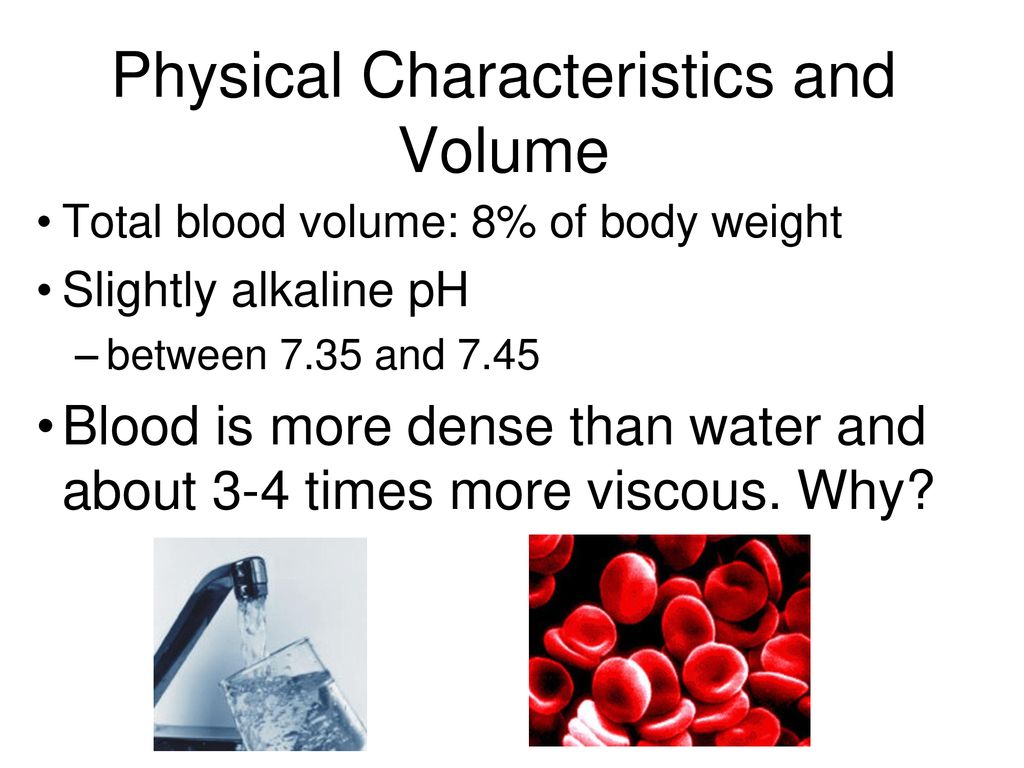





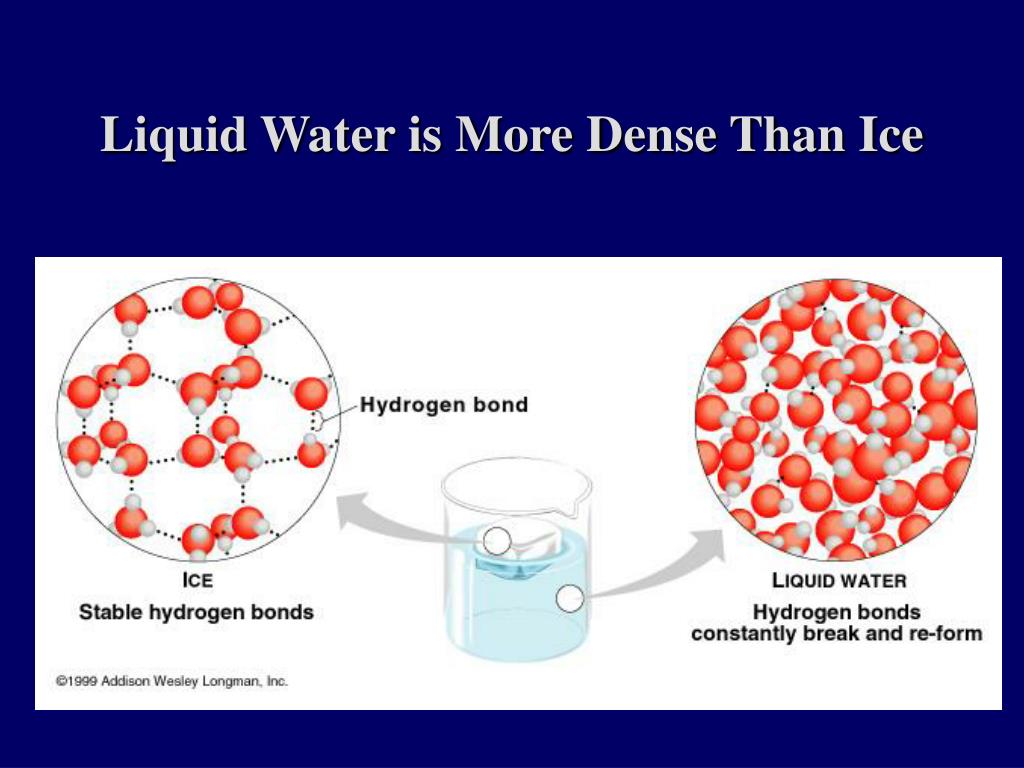

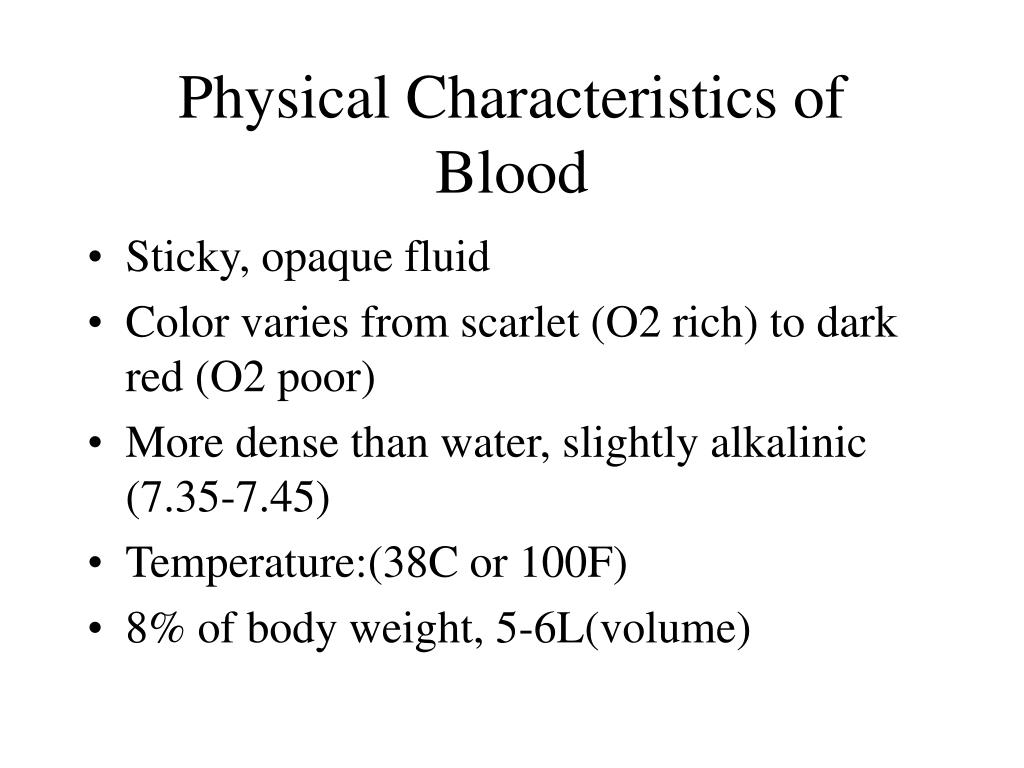



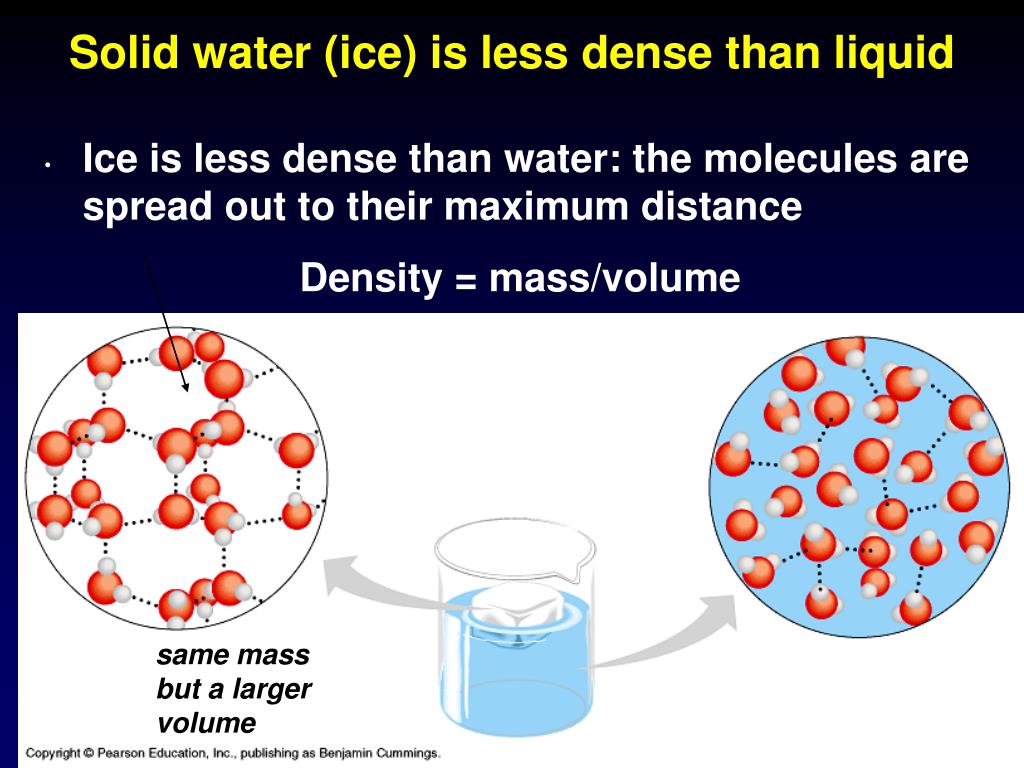
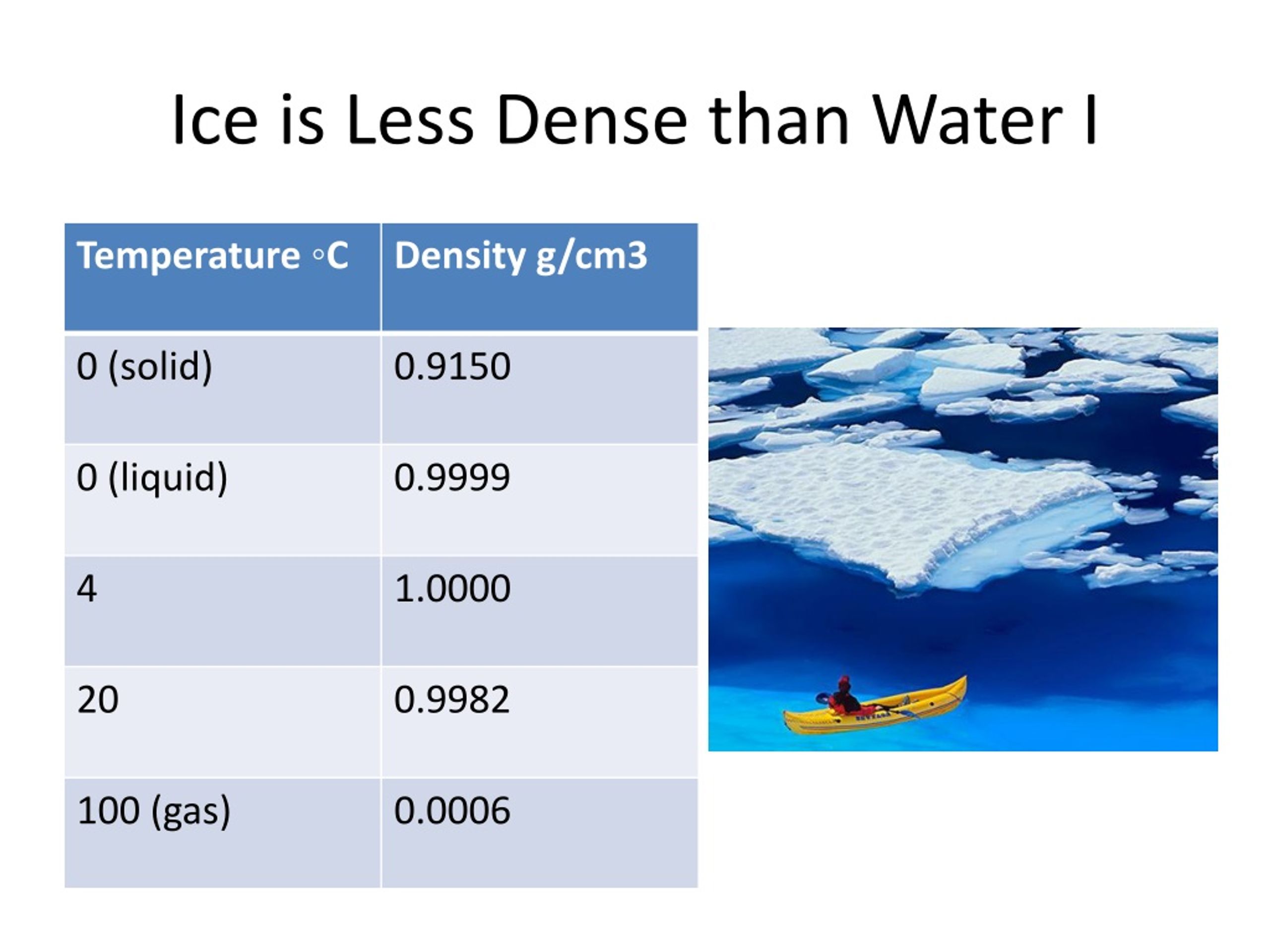

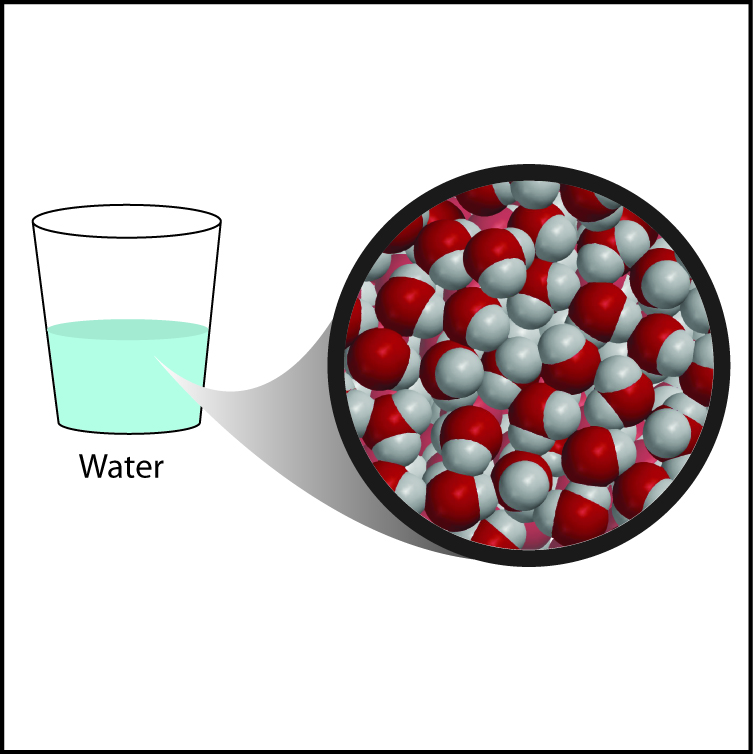
+Ice+Floats+Ice+is+less+dense+than+liquid+water.jpg)
